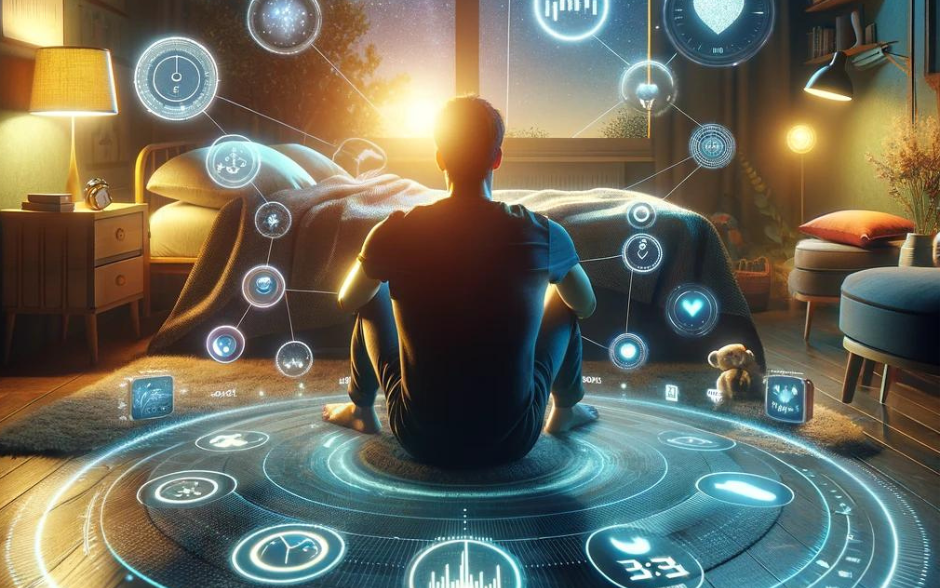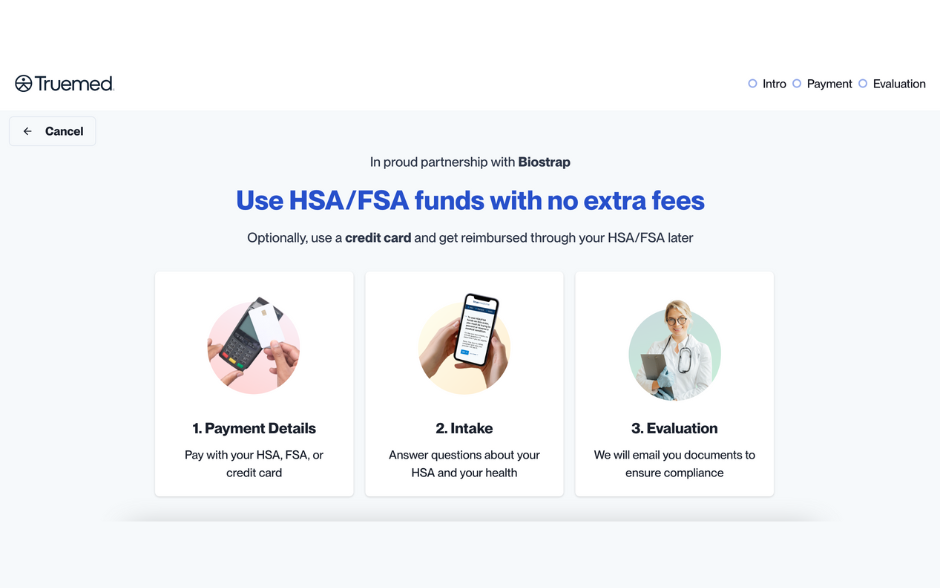There are few things as frustrating as not being able to sleep. Struggling to fall or stay asleep isn’t rare, but it can be detrimental to your overall well being. In addition to making you tired, being unable to sleep also contributes to stress and anxiety that can last well into the next day. When an inability to sleep is disrupting your everyday life, it might be time to try something new. Here’s how to force yourself to sleep when you’re feeling tired, wired, and ready for some z’s.
Common Reasons Why You Can’t Sleep
Whether you’re just lying down for the night or you’ve woken from a peaceful slumber, being unable to sleep is a widespread and often debilitating condition. In fact, a study by Consumer Reports estimates that 68% of Americans (around 164 million) struggle with sleep at least once a week.
Many people experience frequent sleeplessness due to sleep disorders like sleep apnea, insomnia, narcolepsy, or restless leg syndrome. But what about all the people who don’t struggle with a predisposed sleep condition? Let’s take a look at the lifestyle factors and daily habits that can make good sleep a struggle.
Anxiety and Mental Health Disorders
Stress and anxiety prevail in our fast-paced, comparison-driven world. In particular, anxiety tends to keep our mind racing about to-do lists, upcoming events, and hypothetical situations. An active mind is an alert mind, and being consumed by thoughts can keep you up well into the evening. For this reason, people who struggle with anxiety tend to have sleep problems more frequently.
Additionally, Harvard Medical School points out that other mental health challenges, like bipolar disorder and ADHD, can make it harder to wake up feeling refreshed. Similarly, experiencing chronic sleeplessness can increase a person’s risk for developing such mental illnesses.
This is because sleep disruption impacts neurotransmitter and stress hormone levels, both of which play a role in mood, thought processing, and emotional regulation. People who are already struggling with anxiety may notice that sleep deprivation worsens their symptoms, and those who don’t have such conditions are likely to feel more irritable, depressed, and high-strung after lack of sleep.
Technology Consumption
Electronic devices are another common thief of deep sleep. More people scroll through their smartphones before bed than like to admit it, and this habit can wreak havoc on your circadian rhythm. This sleep-wake cycle, which is designed to keep you alert in the daytime and sleepy at night, gets disrupted by excessive exposure to blue light late into the evenings.
Normally, the pineal gland releases melatonin in the evening at the signal of darkness. But blue light is especially problematic because it has a short wavelength, which affects the pineal gland’s ability to secrete melatonin more than any other wavelength.
“When people read on a blue light-emitting device (like a tablet, rather than from a printed book) in the evening, it takes them longer to fall asleep; plus, they tend to have less REM sleep (when dreams occur) and wake up feeling sleepier— even after eight hours of shuteye,” according to the National Sleep Foundation.
Even if you’re not scrolling through your phone in bed, exposure to blue light from late-night television binges can also cause trouble sleeping.
Disruptive Daytime Habits
Aside from technology use and anxiety, the choices you made during the day have a major impact on your ability to fall and stay asleep. For example, drinking alcohol and caffeine can disrupt cortisol levels, keeping you awake during nighttime hours. While alcohol may help a person fall asleep faster, it disrupts a person’s REM stage, making it harder to maintain high-quality sleep throughout the night.
The type of food you eat matters too. Spicy or fatty foods can contribute to heartburn, which has a tendency to rouse a person from sleep. Studies also show that eating a late dinner or indulging in a late night snack can negatively affect a person’s sleep quality.
Additionally, how and when you work out affects your sleep schedule. On one hand, you’ve probably been told that exercise is important for getting enough sleep. It makes sense — if you don’t expend enough energy during the day, that excess energy will keep you up late into the night. But exercising too vigorously too close to bedtime can keep your brain wired and make it hard to sleep.
How to Force Yourself to Sleep
It can feel like the end of the world when you’re having a sleepless night before a busy day. Yet there are certain changes you can make to improve your sleep hygiene and get a good night’s sleep tonight and every night after. Here’s a list of science-backed tips to help you reclaim your rest.
Sleep Supplements and Herbs
Many people turn to medicinal sleep aids when they’re struggling to achieve a good night’s sleep, but opting for herbs in lieu of synthetic sleeping pills can be a safer and healthier option.
For example, valerian root is an herb used for anxiety, stress, and insomnia. Valerian inhibits the breakdown of GABA, promoting a calm and sedating effect. As one of the most effective sleep-inducing herbs used since ancient times, valerian has been shown in studies to promote better sleep quality without side effects.
Foods containing melatonin can also promote sleep efficiency. For example, tart cherries, pineapples, bananas, kiwis, and oranges are all natural sources of melatonin. Fruits high in antioxidants — like berries, prunes, raisins, and plums — also reduce stress related to insomnia and sleep problems.
Make Your Bedroom a Sanctuary
Your bedroom should make you want to fall into a deep, peaceful slumber the moment you hit the pillow. To set a relaxing scene, first make sure to keep your room tidy and organized to reduce the stress caused by clutter.
The Anxiety and Depression Association of America suggests creating a bedroom that’s cool, dark, and quiet. Using a fan or white noise machine can block out excess noise, while light-blocking curtains can help keep out disruptive lights.
The organization also suggests using the bedroom only for sleeping and other relaxing activities. By keeping work out of the bedroom, it will help keep stress and anxiety from following you to your bedside.
Mindful Movement and Breathwork
Staying conscientious about when and how you exercise can help you sleep better. Instead of a cardio session after work, for example, consider how you can squeeze this activity into the morning.
Another idea is to create a relaxing bedtime routine that doesn’t involve screens, and instead incorporates meditation and mindful breathwork. As explained by Nina Chin, a yoga teacher and training facilitator, deep breathing turns on the vagus nerve, which acts as a break for the nervous system. At the same time, it stimulates the parasympathetic nervous system to calm you and promote relaxation.
“By consciously taking long, deep inhales and exhales, you’re anchoring yourself in the present moment rather than your mind wandering,” says Chin.
Those who are new to meditation can turn to guided apps and recordings to help tune into their breath and clear their thoughts. Yin yoga can also be used to de-stress during a nighttime routine, as well as progressive muscle relaxation techniques such as yoga nidra.
Reclaim Your Rest
Unless you’re struggling with a specific sleep disorder, you may feel frustrated about why you’re not sleeping well. Whether you’re constantly waking or you can’t fall asleep at all, sleepless nights call for daytime changes.
Managing stress and anxiety is one of the most important ways to get more sleep, but diet, exercise, and technology habits all contribute to your sleeping patterns. By trying herbal supplements, managing your stress through mindfulness, and creating a serene bedroom, you can get back to your sleep schedule and reclaim your rest, once and for all.



